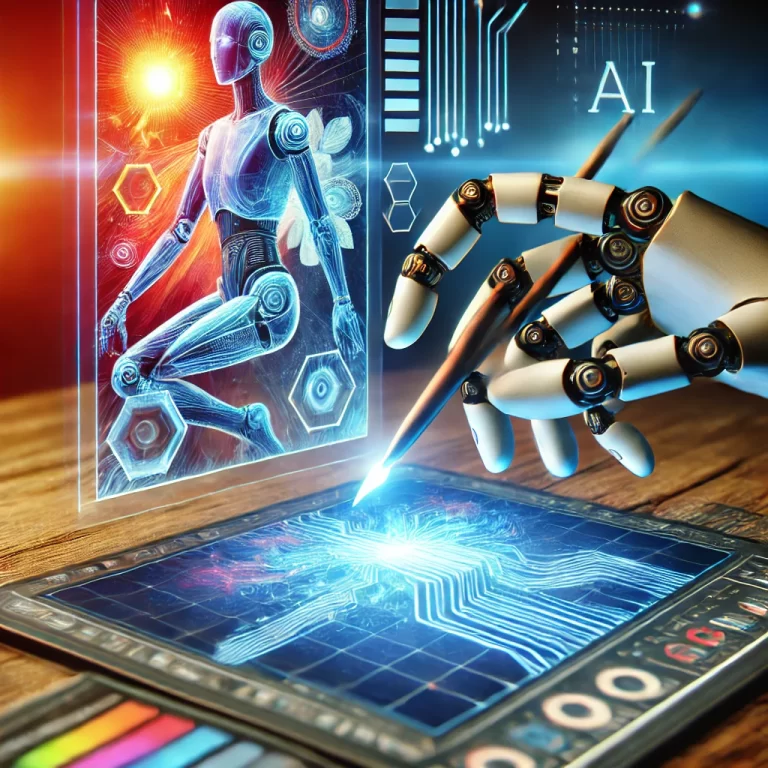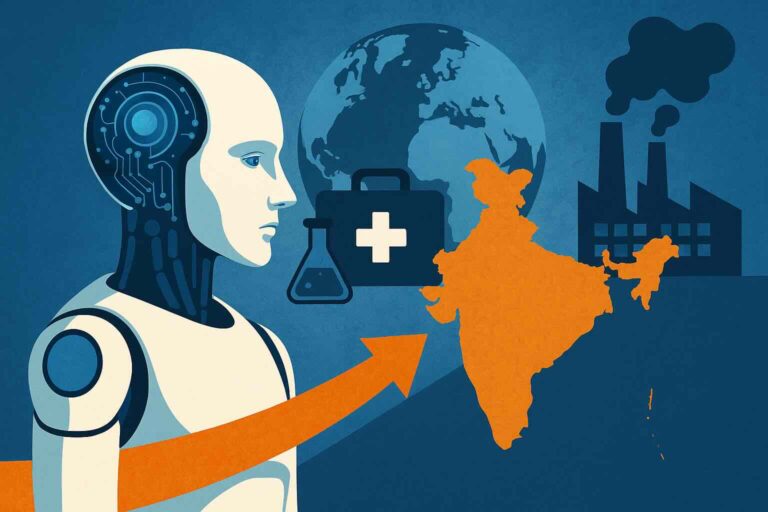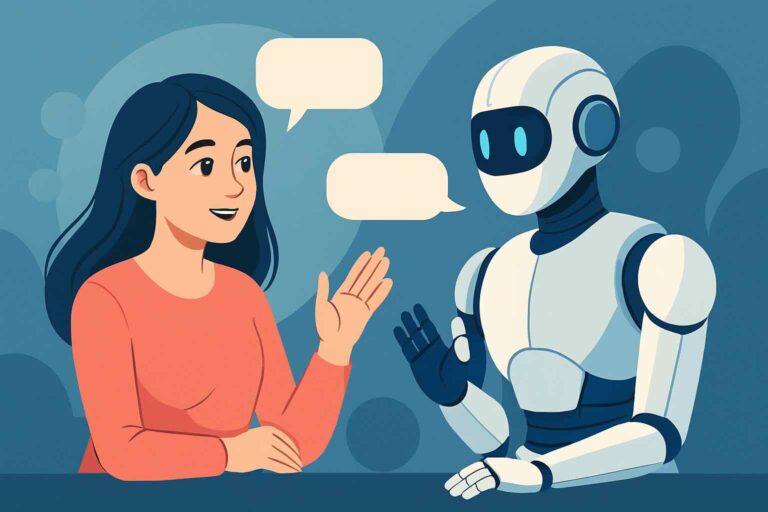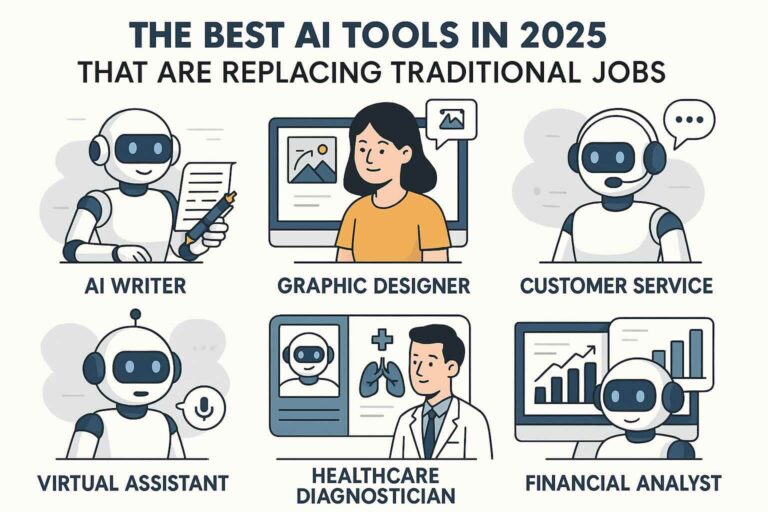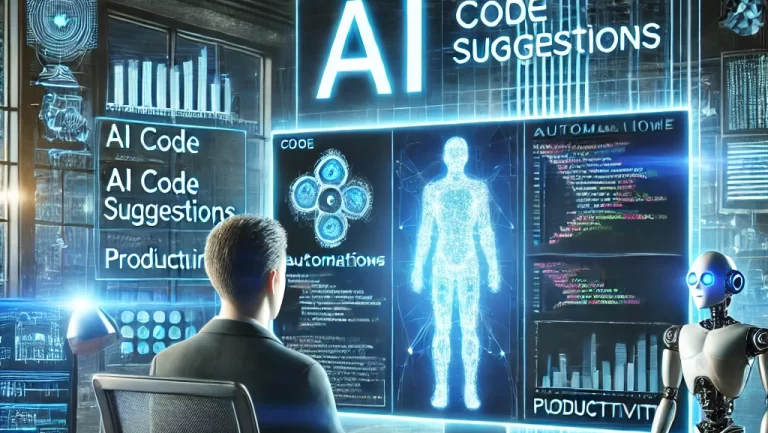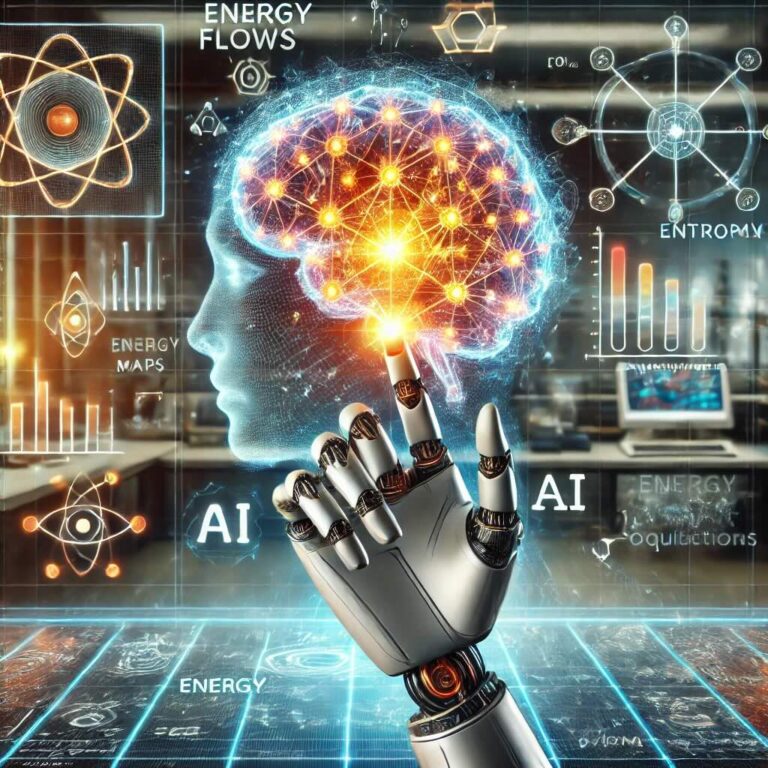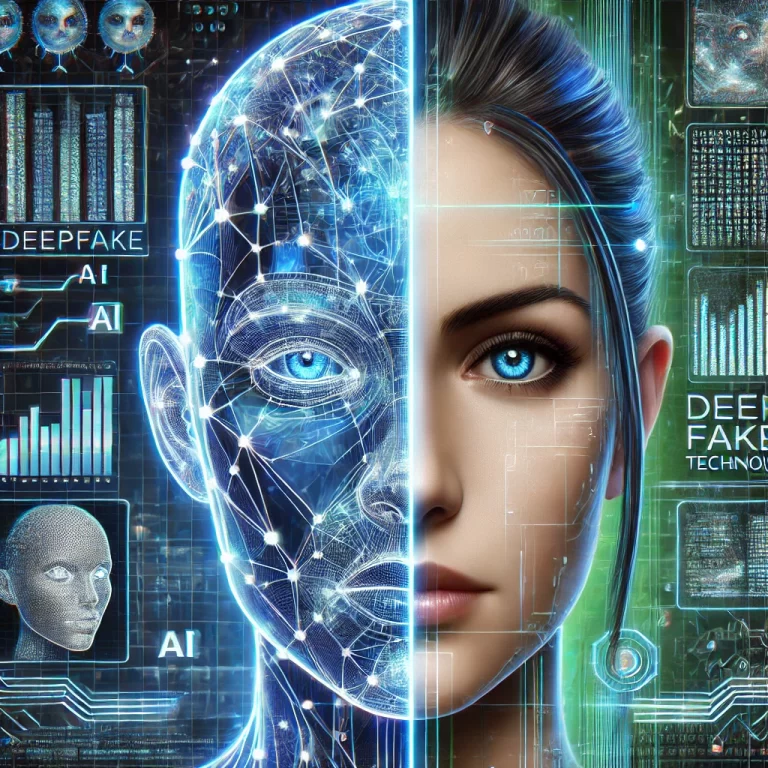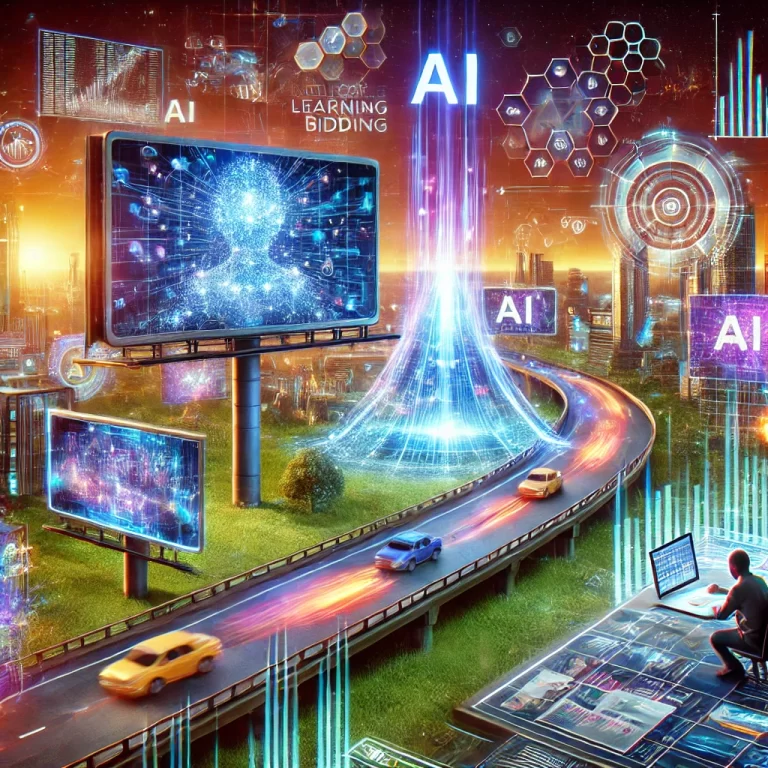Artificial intelligence (AI) is rapidly transforming our world, and its impact on the job market is a topic of intense discussion. While some fear mass unemployment due to automation, others see AI as a tool that will create entirely new job categories. The truth, as with most things, lies somewhere in between. AI will undoubtedly replace some jobs, but it will also create new ones, demanding a workforce equipped with different skillsets. Let’s delve into the fascinating future of AI, exploring the jobs it might replace and the exciting opportunities it might create.
AI’s Potential for Job Replacement
AI excels at tasks involving data analysis, pattern recognition, and repetitive processes. Here are some areas where AI might replace human roles:
- Manufacturing: Robots powered by AI will likely take over many assembly line tasks, increasing efficiency and reducing reliance on human labor.
- Data Entry and Processing: Simple data entry and processing jobs will likely be automated, freeing up human workers for more complex tasks.
- Transportation: Self-driving vehicles and automated delivery drones could significantly reduce the need for human drivers and delivery personnel.
- Customer Service: AI-powered chatbots can handle routine customer service inquiries, potentially eliminating the need for some call center representatives.
- Telemarketing and Sales: AI could automate cold-calling and generate personalized marketing campaigns, reducing the need for some sales representatives.
However, it’s important to note that AI replacement won’t be a clean sweep. Human oversight, creativity, and problem-solving skills will still be crucial. AI systems will need human intervention for tasks like:
- Maintaining and Repairing AI Systems: As AI becomes more complex, skilled technicians will be needed to ensure its smooth operation and troubleshoot any issues.
- Data Curation and Analysis: While AI can analyze data, humans will be needed to interpret the results and extract meaningful insights.
- Creative Content Creation: While AI can generate some creative content, human creativity and emotional intelligence will remain essential for truly impactful work.
- Managing and Leading Teams: AI can’t replace human leadership qualities such as empathy, motivation, and strategic decision-making.
- Jobs Requiring Social Skills and Emotional Intelligence: Jobs that involve social interaction, emotional intelligence, and human connection will remain largely in human hands. These include healthcare, education, counseling, and various service industries.
The Rise of New Job Categories
AI’s impact on the job market isn’t solely about replacement. It will also create new job categories requiring a different skillset:
- AI Specialists: These professionals will design, develop, and maintain AI systems. This includes roles like AI engineers, data scientists, and machine learning specialists.
- AI Ethicists: As AI becomes more sophisticated, ensuring its ethical development and deployment will be crucial. This will create demand for AI ethicists who design and implement responsible AI practices.
- AI Trainers and Explainers: Humans will be needed to train AI systems on specific tasks and ensure they function as intended. Additionally, explaining complex AI decisions to stakeholders will be a vital skill.
- Human-Machine Collaboration Specialists: Optimizing the collaboration between humans and AI will be essential. These specialists will design workflows and interfaces that foster effective collaboration.
- Cybersecurity Experts: As AI becomes more prevalent, the potential for cyberattacks will increase. Cybersecurity experts will be needed to safeguard AI systems and data from malicious actors.
The Future of Work: Upskilling and Adaptability
The future workforce will need to be adaptable and embrace lifelong learning. Reskilling and upskilling will be crucial to stay relevant in the evolving job market. Here’s what individuals can do to prepare:
- Develop strong analytical and problem-solving skills.
- Focus on creativity, critical thinking, and emotional intelligence.
- Build expertise in data analysis and communication.
- Embrace continuous learning and stay updated on emerging technologies.
- Develop strong communication and collaboration skills to work effectively with AI.
Conclusion:
AI is not a harbinger of job doom, but rather a catalyst for change. The future belongs to those who can adapt, learn, and collaborate effectively with AI. By focusing on uniquely human skills and embracing lifelong learning, individuals can thrive in the exciting future shaped by artificial intelligence. As AI continues to evolve, the symphony of job creation and transformation will play on, demanding a workforce that can dance to its ever-changing rhythm.



